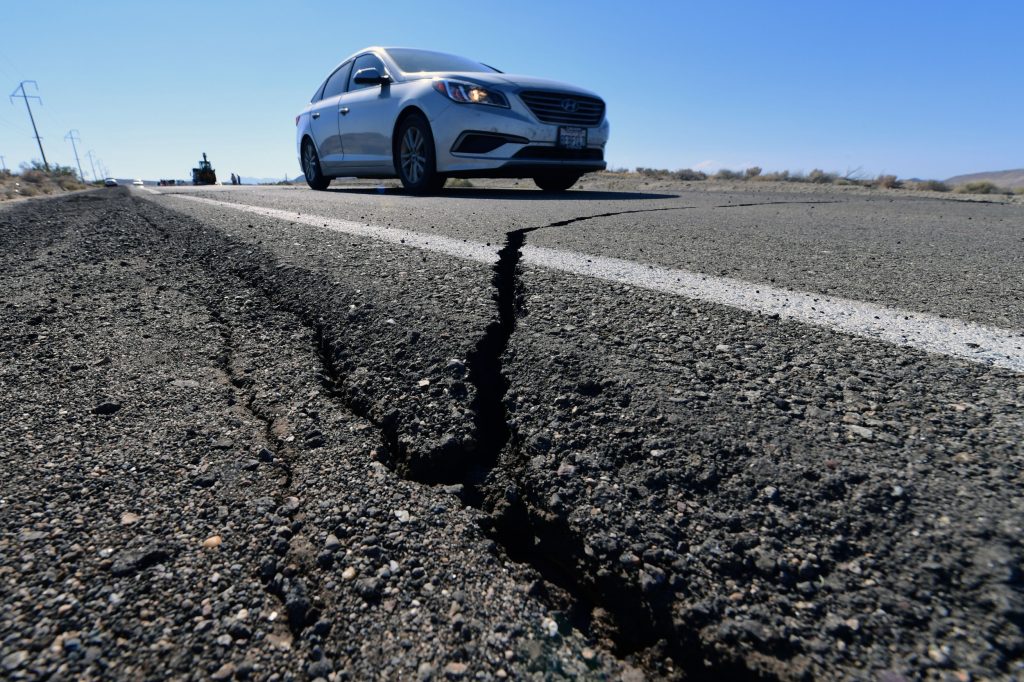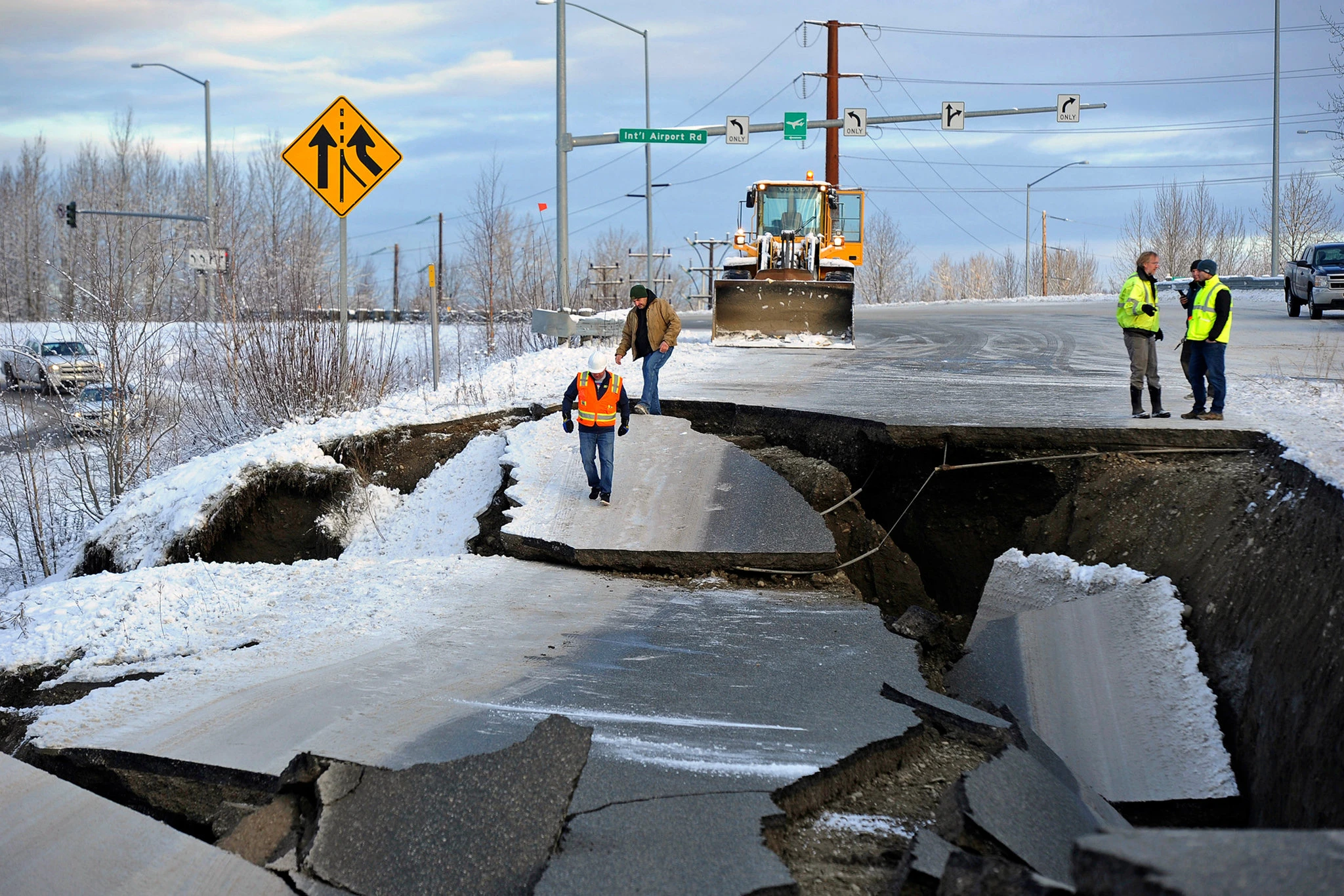In an unexpected turn of events, Georgia, a state not renowned for seismic activity, was jolted by a rare 3.9-magnitude earthquake on June 18, 2022, marking the most significant tremor ever recorded in the region. Despite the seismic event being felt across the state, from bustling Atlanta to the picturesque Savannah, the outcome was fortunately devoid of significant damage or injuries, sparking inquiries into the seismic landscape and potential risks looming over Georgia and the broader East Coast.
Georgia’s seismic history, as revealed by the U.S. Geological Survey, unveils that earthquakes of a magnitude of 3.9 or higher tend to strike the state every 3 to 5 years, primarily in the northwestern region housing the Appalachian Mountains. The latest event of this magnitude occurred in 2014, with a 4.1-magnitude quake rattling the border area with South Carolina. The most potent quake on record was a 4.5-magnitude tremor in 1914.
However, the recent earthquake, striking Georgia’s Coastal Plain, raised eyebrows due to its rarity and the potential for heightened destructiveness. The Coastal Plain, consisting of sedimentary rocks, possesses the alarming ability to amplify seismic waves, causing them to propagate over longer distances and intensifying ground shaking. The shallow epicenter, a mere 10 kilometers deep, further contributed to the heightened intensity of the ground motion.
What triggers these earthquakes in Georgia? The state resides within the Eastern Tennessee Seismic Zone, an area extending from northeastern Alabama to southwestern Virginia and part of the broader Appalachian Seismic Zone covering most of the eastern U.S. The exact causative factors remain elusive, but potential contributors include the ancient collision of the North American and African plates, the ongoing movement of the North American plate away from the Mid-Atlantic Ridge, gravitational influences from the sun and moon, and the injection of fluids into the ground, such as wastewater from oil and gas production.

Read more :
- Acts of Kindness: Good Samaritan Supports a Homeless Man and His Dog in Returning to Their Street.
- Untouched Wealth: $2 Million in Coins Still in Existence
- New Moms in Texas Eligible for Full-Year Medicaid and CHIP Benefits
- Tragic Dental Procedure in Texas Leaves Miami Woman with Severe Brain Damage
How severe can earthquakes get in Georgia? The largest earthquake ever recorded on the East Coast, a formidable 7.3-magnitude quake near Charleston, South Carolina, in 1886, serves as a historical benchmark. While the likelihood of a similar event in Georgia is low, estimates suggest a 1% chance of a magnitude 6 or higher quake and a 4% chance of a magnitude 5 or higher quake within the next 50 years. Such events could lead to moderate to severe damage, contingent on factors like location, depth, and duration of shaking.
How prepared is Georgia for earthquakes? Unlike seismic-prone states like California or Alaska, Georgia lacks a comprehensive earthquake preparedness plan. Nevertheless, initiatives have been taken to enhance awareness and resilience, including seismic hazard maps and building codes, seismic surveys, seismometer installations for monitoring earthquake activity, and participation in the annual Great ShakeOut drill. Educational endeavors have also been implemented to inform the public and media about earthquake risks and best practices for preparation, response, and recovery.
In conclusion, the 3.9-magnitude earthquake in June 2022 may have been Georgia’s most significant seismic event, but it did not evolve into a major disaster. This rare occurrence serves as a natural reminder of the seismic potential and vulnerability of the East Coast. While the probability of a devastating quake in Georgia remains low, the need for awareness and preparedness persists. As the U.S. Geological Survey aptly tweeted, “While the South isn’t known for earthquakes, they do happen.” The seismic awakening in Georgia urges residents to stay informed and ready for any eventualities on the horizon.

